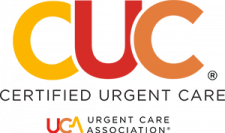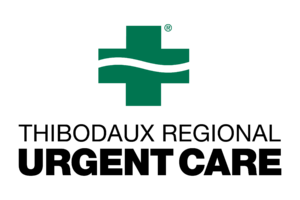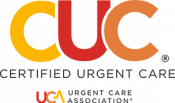Just like eating dark, leafy green vegetables and whole grains, getting active on a regular basis can help you prevent heart disease. The average adult needs at least 2 hours and 30 minutes of moderate aerobic activity each week. This is easily divided into 30-minute increments five times a week. If you’re just beginning, start slow and work your way up to 30 minutes or more, as you feel comfortable.
For your health and safety, be sure to check with your doctor before beginning any exercise routine.
Improve your heart health with these activities
Here are a few fun and easy activities you can start today that will improve your heart health:
- Walking
With each step, walking helps improve your cholesterol levels, blood pressure and energy levels. It also helps fight weight gain, which improves overall heart health. Start with a 10-minute walk a few times a week and work your way up to longer walks at a faster pace. - Dancing
Research has shown dancing regularly (at moderate intensity) can reduce your risk of dying of cardiovascular disease by 46 percent. - Running or jogging
Running helps prevent blood clots in the arteries and blood vessels. This activity also helps support healthy blood flow, blood pressure and cholesterol. - Hiking
Hiking is a powerful cardio activity that can lower your risk of heart disease, improve blood pressure levels and help control your weight. - Cycling
Regular cycling strengthens your heart muscles, lowers your resting pulse and reduces blood fat levels. It also stimulates and improves your heart, lungs and overall circulation. - Swimming
Swimming is an aerobic exercise that can increase the size of your heart, which makes it more efficient in pumping. Thirty minutes of swimming a day can reduce a woman’s risk of coronary artery disease by 30-40 percent.
Exercise for heart health
Simple cardio or aerobic exercises like these can help improve your heart health:
- Weight training
Weight training will help build other muscles in your body, which in turn help your heart. It also helps you build muscle and burn fat. You can weight train with handheld weights, machines or with your own body weight. - Interval training
Interval training alternates between short bursts of high-intensity workouts and longer periods of active recovery. This technique raises and lowers your heart rate, which can help burn calories and improve the function of your blood vessels. - Resistance training
Resistance training is any exercise where you push, pull or otherwise try to work against some type of resistance. This increases your strength, tone and/or endurance. It also helps raise good cholesterol (HDL) and lower bad cholesterol (LDL).
If you have coronary artery disease or other heart health issues, it is very important to stay active every day. This will help prevent further build-up of plaque in and decrease damage to your blood vessels, which will lower your risk of heart attack or stroke.
Before beginning any new exercise routine, ask a doctor to make sure it is right for you.
Thibodaux Regional Urgent Care – Thibodaux is open 7 days a week from 9 a.m. – 8 p.m. to help improve your heart health as well as treat your sprains, strains, ear infections, burns, cuts, bladder infections and more.




